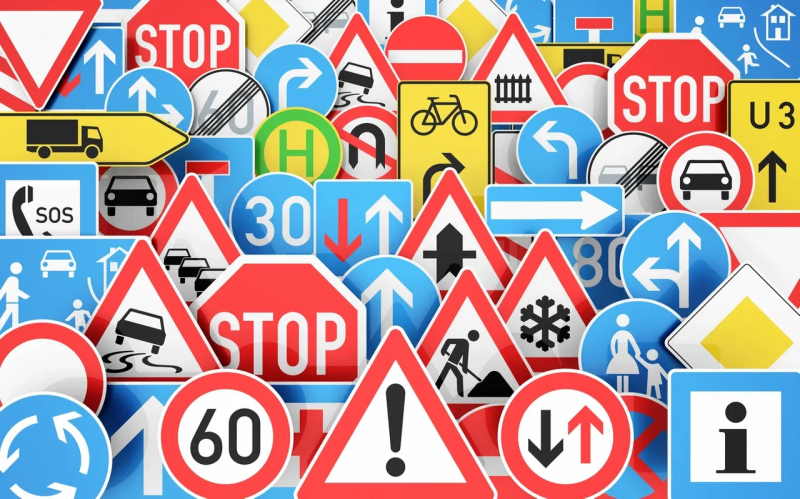Focusing can be hard enough when you are alone at your desk with a full cup of coffee and a full nights sleep under your belt. Throw in a cell phone, two computer screens, and background conversations and you have a recipe for half finished work, mounting stress, and angry bosses. Whether you’re in school trying to get straight A’s or working on Wall Street, there is no doubt that concentration is a sought after attribute. Although everyone has some issues focusing, people with ADHD can have severe issues staying on task.
Sir Alexander Crichton first noticed “mental restlessness” and “hyperactive” symptoms in children in 1798. Since then the disorder has undergone several name changes until it was named ADHD in the DSM-III. Although the name has changed, the symptoms are the same. Inattention, hyperactivity and impulsivity seem to be the hallmarks. Ok, I know what you’re thinking; ADHD is a grey area diagnosis. It is, like most psychiatric diagnoses. I tell my patients that psychiatry is unique and we can’t know exactly what is happening with your brain. We look at a set of symptoms and make a diagnosis based off of the way the patient feels. It would be nice if we could hook our patients up to a device like an EKG and see exactly where their dysfunction lies but we can’t. We have to observe and truly listen to what the patient feels.
The good news is that focus is fixable. I see concentration as a spectrum. Some people will soak up every detail in a lecture like a sponge others won’t remember a word their professor said. If you were to plot concentration on a line from 0-100 the ADHD people would lie on the left side of the line (0-50). Just because your hypothetical concentration number is a 38 doesn’t mean you can’t get it up to 50 or 60 or even 80. Medication can most definitely help but it’s typically not the entire solution.
Eliminating distractions, exercising, meditation, and diet can have a profound impact on focus. Recently, there has been a big push for “mindfulness”. Apps like Calm and Headspace are just two examples of how people are utilizing meditation and mindfulness to “reset their brains” or “enhance focus”. Ok, but how do I eliminate distractions you ask. It may be easier than you think. Utilizing headphones, keeping your door shut, closing out distracting windows like Amazon, and hiding your phone are just a few examples. Exercise is a no-brainer. Not only do we burn calories but we release endorphins and we take our minds off of the things we tend to ruminate about. There have been several studies about how diet can affect focus. Their results seem to show that eliminating simple sugars, utilizing complex carbohydrates and avoiding additives and allergens is the way to go. While each of these solutions individually may only have a small impact on focus; together they could greatly improve focus.
If you’re ever in doubt reach out to a mental health professional. We’re here to give advice and determine whether or not you’d benefit from a medication. More often than not your problems are fixable. Remember, it’s all in your head.

